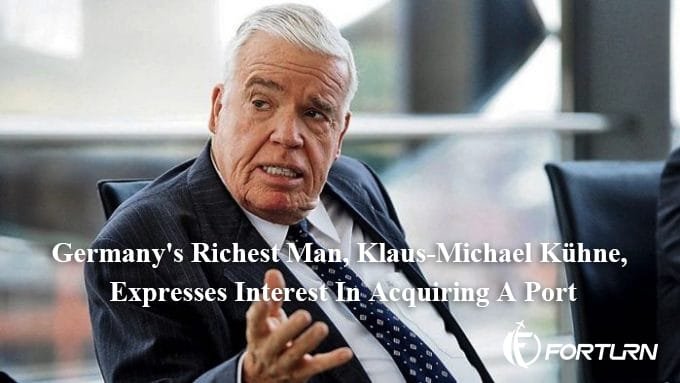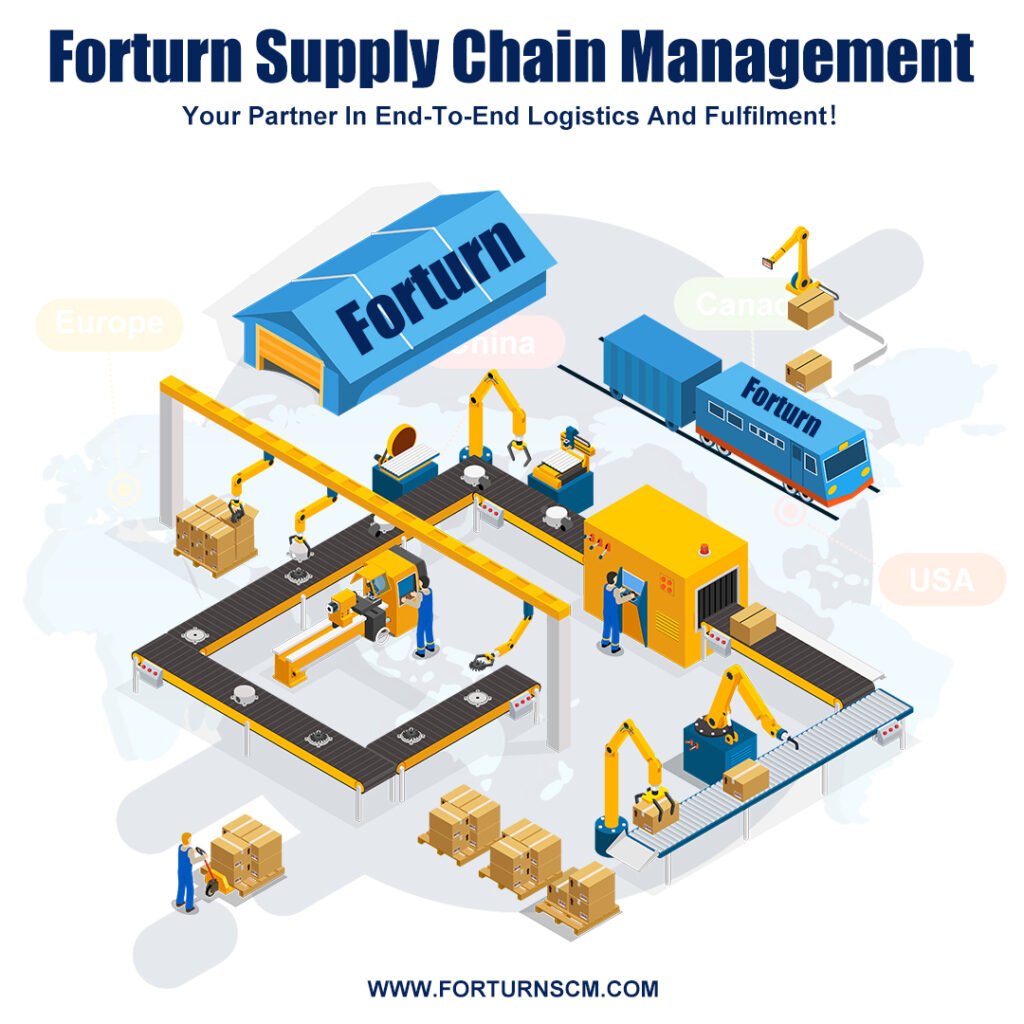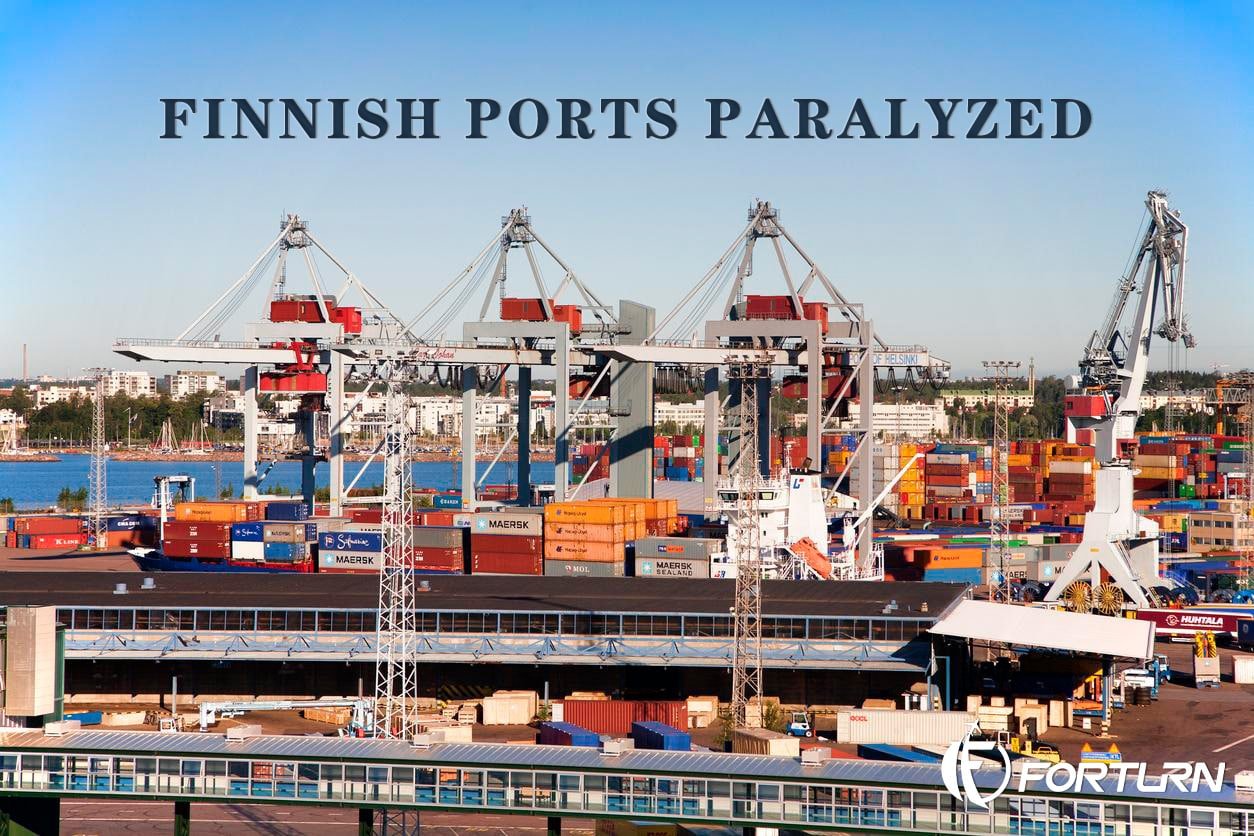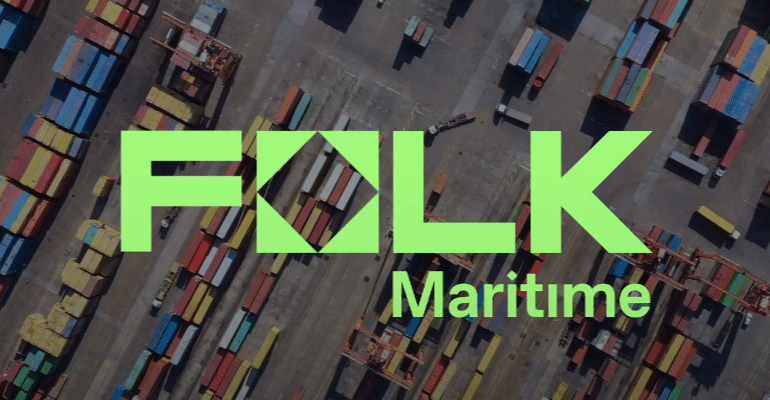Recently, German entrepreneur Klaus-Michael Kühne has indicated his intention to purchase a 69% stake in the Hamburg Port and Logistics Company (HHLA) with the concept of promoting the development of a new national port. Klaus-Michael Kühne, Germany’s wealthiest individual, claimed the top spot on the list of richest individuals in October 2021. His net worth stands at a staggering $39 billion, placing him among the top 30 wealthiest people globally. He is highly regarded in the shipping industry as a third-generation member of the Kühne family and currently serves as the honorary chairman and major shareholder of the international freight forwarding company, Kühne+Nagel. Klaus-Michael Kühne also manages Kuhne Holding AG. In 2016, the company acquired a 20% stake in VTG, a railway logistics company. Additionally, he holds a 30% stake in the shipping company Hapag-Lloyd, making him the largest shareholder. He is also a shareholder in Germany’s largest airline, Lufthansa. He has been working in Hamburg for many years, and he is involved in various sectors.
HHLA is the primary operator of the Hamburg Port, with the Hamburg city government holding a 69% stake. Klaus-Michael Kühne has twice expressed his interest in purchasing this 69% stake and is preparing to formally make the acquisition offer. Due to the current issues with the management and competitiveness of Hamburg Port, as other ports are making progress and updates, HHLA has been facing a decline. This is precisely why Klaus-Michael Kühne aims to acquire it and address the management issues. Even without Klaus-Michael Kühne, the HHLA Group is indeed facing numerous challenges and requires improvements in various aspects. Continuing to expand and modernize in Europe is undoubtedly a daunting task. The government is hesitant to sell the stake to purely profit-driven businessmen due to concerns about future development. However, businessmen like Klaus-Michael Kühne possess significant financial resources and management capabilities. Especially in the fiercely competitive landscape of European ports, the development of Hamburg Port is a matter that requires careful consideration from all parties.
In recent years, Hamburg Port has experienced a downward trend in its data in terms of competition. For instance, in the first half of this year, it saw a year-on-year decline of 11.7%. During the same period, HHLA’s revenue was €727 million, a 6.7% decrease year-on-year. Profit before interest, taxes, depreciation, and amortization stood at €139 million, reflecting a 27.3% decrease year-on-year. Other ports like Rotterdam and Antwerp have outperformed Hamburg Port, and Hamburg Port’s natural geographical conditions are not optimal. In the competition among major ports, Hamburg Port is not a deep-water harbor, and its conditions are inferior to those of Rotterdam and Antwerp. Other major ports are actively implementing automation projects, while Hamburg Port has no large-scale projects in the planning phase. It is reported that competitors of Hamburg Port expansion include major shipping companies such as MSC and Maersk, whereas the operator of Hamburg Port’s container terminal has limited diversification and has only recently introduced COSCO Shipping as a foreign investor. This is a significant challenge that Hamburg Port must face.
The German government is indeed averse to capital control, but if reform is desired, Klaus-Michael Kühne is an excellent choice. He has a strong family background, substantial financial resources, and the experience and passion to improve Hamburg Port. The next step will depend on how Klaus-Michael Kühne can provide investment and control methods for HHLA. Further negotiations between the two parties are needed to work out the details. Meanwhile, HHLA can also plan collaborations with other major shipping companies, striving to transform Hamburg Port into a diversified and specialized major port.










